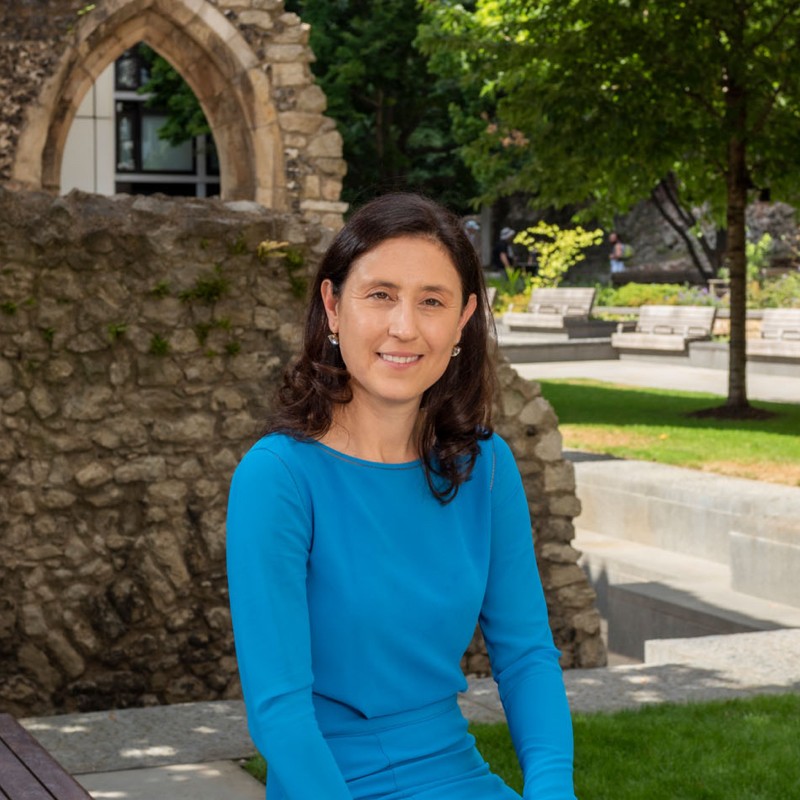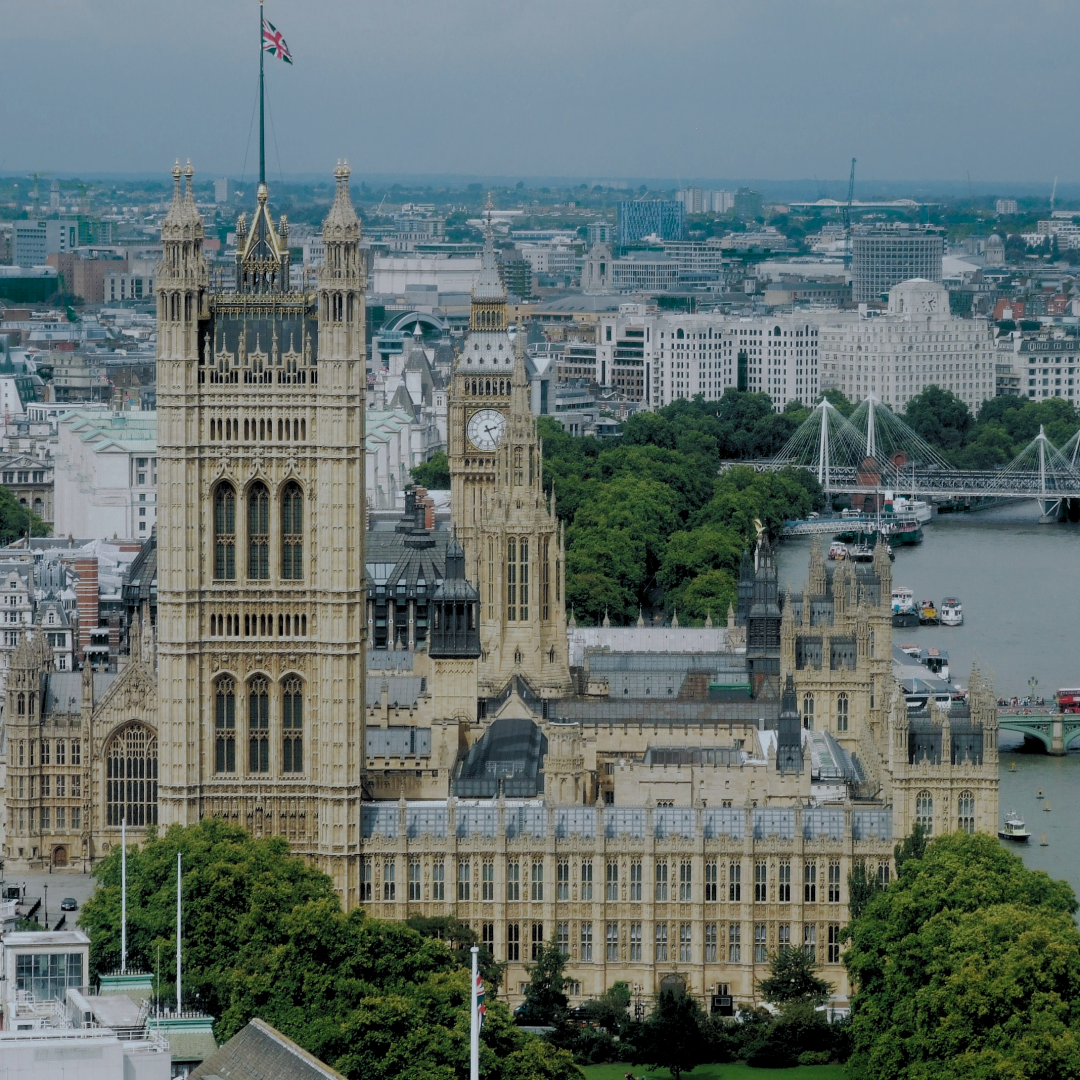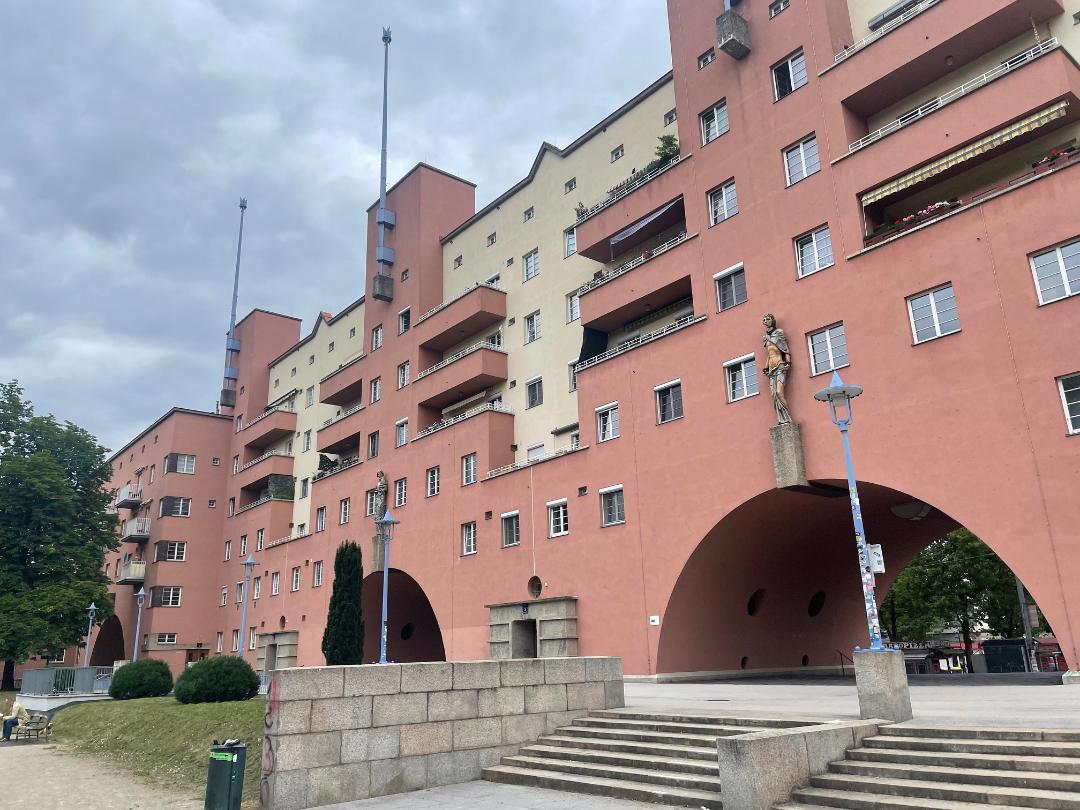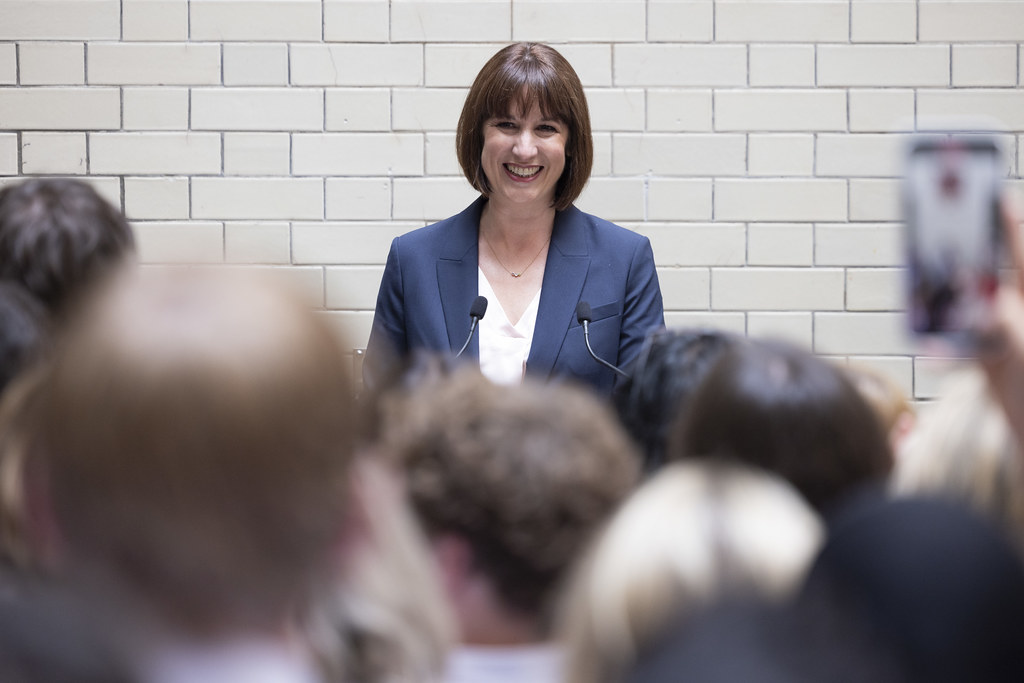Civic Responsibility – being an Alderwoman in the City of London
Martha Grekos is a Barrister who specialises in planning and environmental law, and is passionate about the built environment and delivering positive change.
I have always believed and participated in meaningful civic engagement – where we, as citizens, participate in the life of a community in order to improve conditions for others or to help shape the community’s future. In a way, this is why I wanted to become a Barrister since the age of 11 years: to make positive change. Even through the volunteering I have done in the past, including training with St John Ambulance to be part of the vaccination programme at the Excel Nightingale Centre during the covid-19 pandemic to help my community, or now through more political engagement as an Alderwoman on the Court of Alderman in the City of London in order to get my Ward and my City back on its feet.
The Court of Aldermen forms part of the senior governance of the City of London Corporation. It comprises twenty-five aldermen of the City of London, presided over by the Lord Mayor (becoming the senior alderman during his year of office). The Court was originally responsible for the entire administration of the City, but most of its responsibilities were subsumed by the Court of Common Council in the fourteenth century. Aldermen are a team of ambassadors and stewards of the City for the long-term economic success and social well-being of the UK. Together, the Court of Aldermen: promote the relevance and credibility of the “Civic, Commercial, Corporation, Charitable, Cultural, and Community” efforts of the City in collaboration with fellow elected Members and stakeholders; engage locally, nationally and globally on behalf of the City identifying, accessing, convening, messaging and profiling issues that are of relevance to stakeholders; and protect the integrity of the City of London Corporation and its wider institutions by providing oversight, scrutiny and guidance while serving and providing leadership in their Wards. They also ensure continuity and coherence on behalf of the City of London, the oldest continuous democracy in the world, and work closely with Members of the Court of Common Council (of which they are also full members).
The City is divided into 25 Wards. Each has one Alderman and between two and ten councillors, depending on the size of the electorate. In total, there are 25 Aldermen and 100 Common Councillors. Aldermen are by convention elected for up to six years from their date of election, so there is no single date on which they are elected. There is, however, a local election for all 100 councillors every four years and occasional by-elections.
You would have thought that as a full time planning law Barrister, there would be no time to stand for election and be elected as an Alderwoman! But as Benjamin Franklin once said that “if you want something done, ask a busy person.” There is truth to that statement. After all, the busier we are, the better we manage our time. And I will always find time for things that I am passionate about. And regeneration of the Fleet Street area is one such thing that I truly care and want positive change to take place.
I fell into all of this by accident. I saw Fleet Street deteriorate in-front of my own eyes: with the last part of the newspaper industry leaving Fleet Street in early 2000s, followed by Brexit which had an affect on the retention of workers in the retail / hospitality sector, with the hit of the Covid-19 pandemic which meant a lot of shops closed and buildings became vacant as footfall reduced substantially. So I volunteered with the Fleet Street Quarter Partnership in 2019 which then became the Business Improvement District for that area in 2021. I ended up chairing the Public Realm & Environment Steering Group to help create a vision for that area. I helped organise day and night walks and spoke to the community to see what they wanted to happen. As I did that, I realised I could use my skills to better the area by becoming a local councillor instead – to help shape and influence policy and what happens on the ground. I challenged the incumbent Councillors, topped the polls, and took office in 2022 (there were 8 seats and 9 candidates in my Ward). Then in 2023, upon the retirement of the Alderman for the Ward I was a councillor in, I also stood for election to become the leader. There were 7 candidates and only one place. I again topped the polls and took office.
My focus over the next 6 years is: (1) to make sure that all voices are heard in the transformation and rejuvenation of my Ward and the City: residents, businesses and visitors; (2) to use my professional skill set as a planning lawyer to help regenerate my Ward and my City – elected members and planners will need to show strong leadership in how we conceive, design, develop and support communities, and system-wide commitments to social, economic and environmental outcomes; and (3) to promote the rule of law. English law underpins hundreds of trillions of pounds of trade and provides a platform for the financial and commercial contracts on which global business relies. It is the global standard in many industries such as commodities, maritime and insurance, and there is the opportunity for it to be the standard in new and growing areas such as sustainable finance, fintech and cryptoassets. Along with the government, Bar Council and Law Society, I will continue to strongly encourage the use of English law and promote England and Wales as a jurisdiction of choice and a global centre for legal services.
One other matter I want to focus on during my tenure, is to enhance women’s role in politics and decision-making. Out of the current 25 Aldermen on the Court, I am one of six women. Out of our 900 years plus history, I am only the 9th women to ever take a seat on the Court of Aldermen. There have also only ever been two female Lord Mayors. Things have to change here, but that can only happen if more women stand for election. Girls and women have a right to engage in civil society, vote in elections, be elected to government office, serve on boards, and make their voices heard in any process that will ultimately affect them, their families, and their communities. Investing in girls’ and women’s right to political participation is a necessary step to achieving global gender equality and democratic governance. Studies show that increasing women’s participation in politics leads to greater investments in education and companies with female board representation boast higher ROI. Research also suggests that gender balance in the political sphere promotes gender balance in the workforce, which could double global GDP growth by 2025. I want to encourage any woman out there to stand for election in the City of London. Politics (even in the City of London where we are politically independent) does not work unless it really reflects and represents communities. I want to take women from “that’s not my domain” to “this is where I belong” mentality but also to change organisational culture and behaviour that stops them moving forward.








